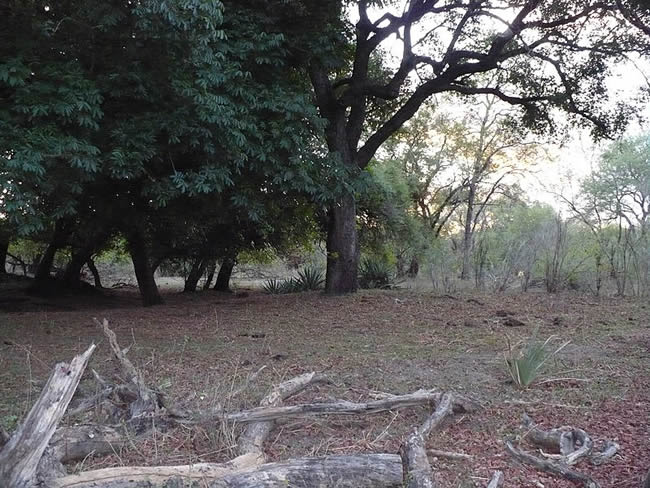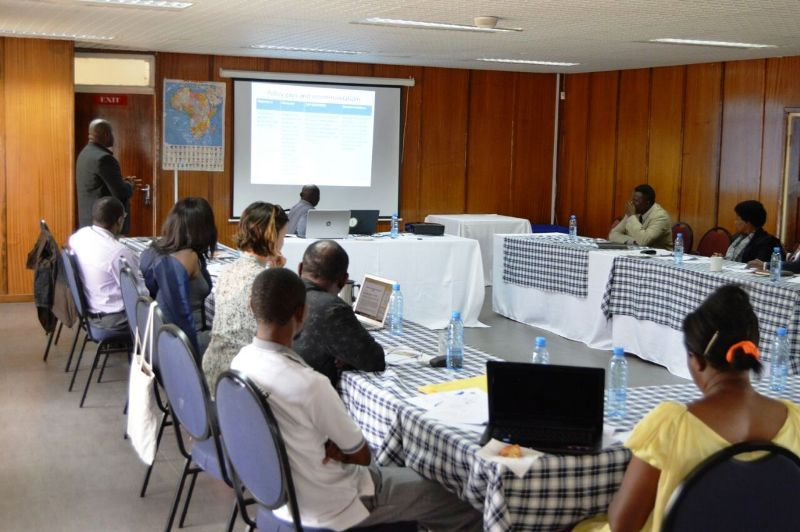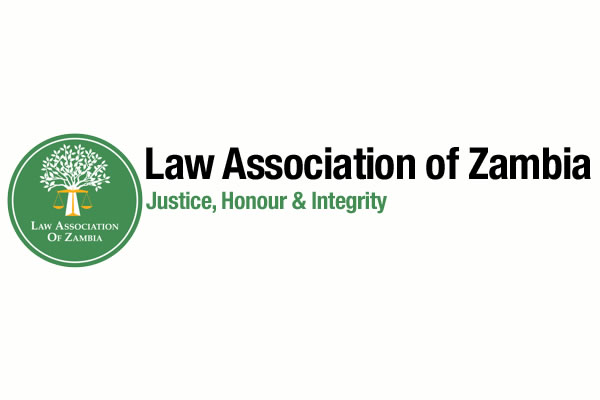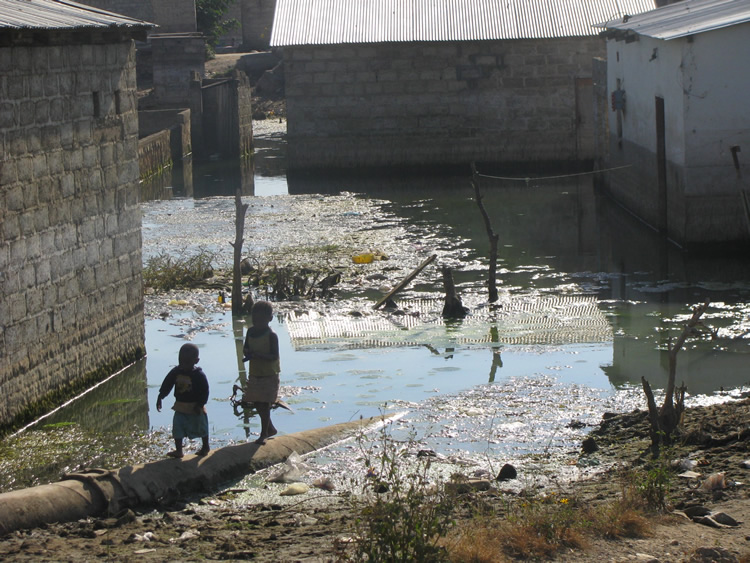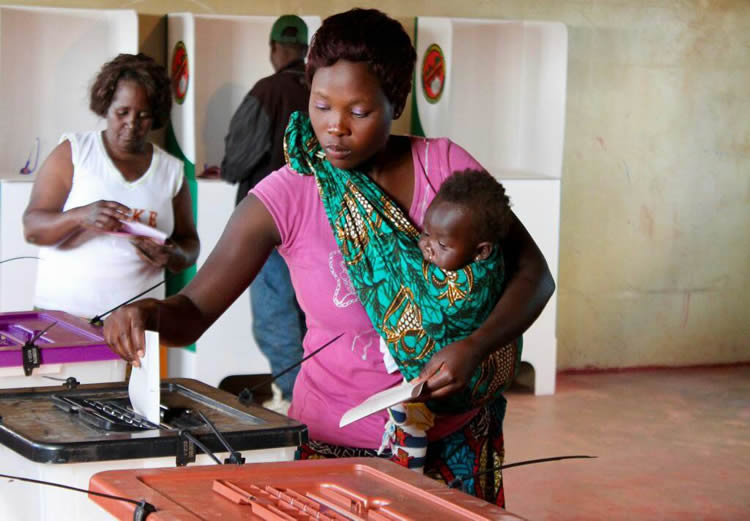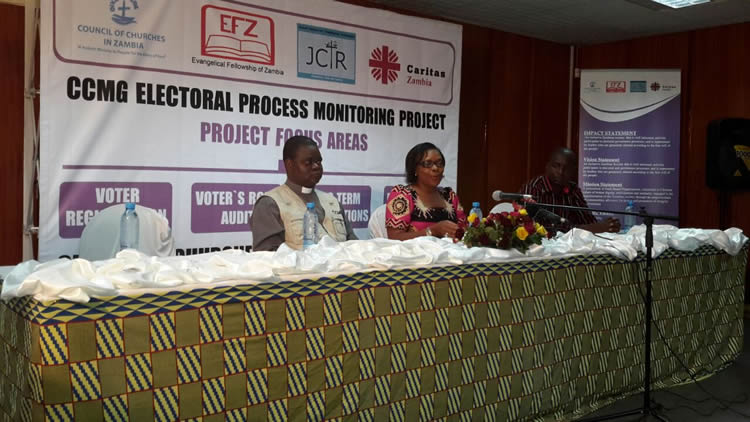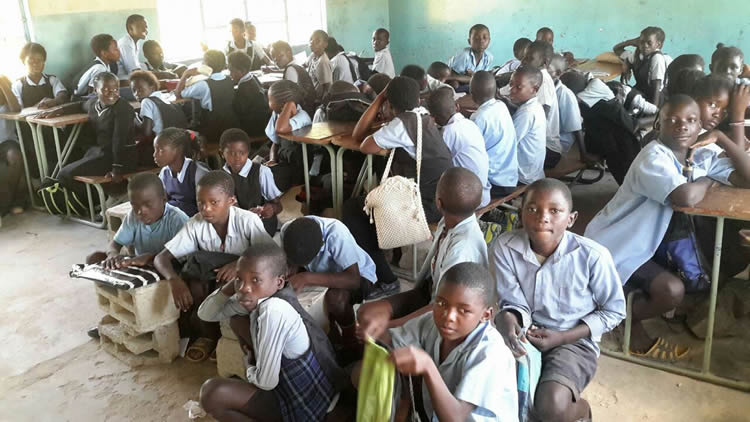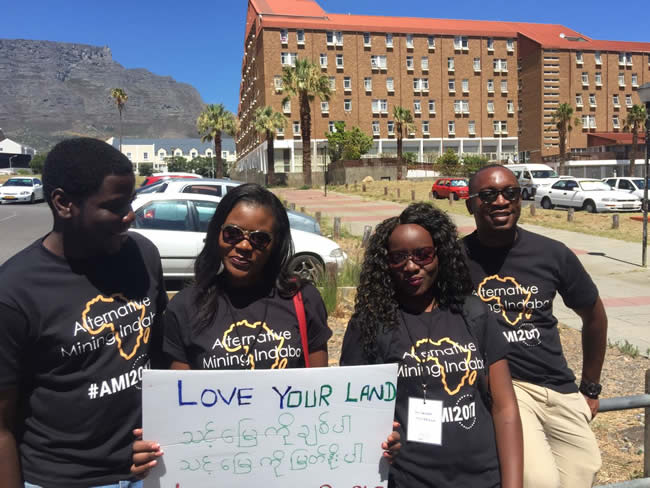Climate change has emerged as one of the most pressing issues in Zambia affecting socio economic development. The country is already experiencing climate induced hazards, which include droughts and dry spells, seasonal and flash floods and extreme temperatures. Some of these hazards, especially the droughts and floods have increased in frequency and intensity over the past few decades and have adversely impacted on the food and water security, water quality, energy and sustainable livelihoods of rural communities.
Background & Justification
Caritas Zambia is looking for dynamic person to work on its Child Protection Project. This project will cover Western, Central and Southern Provinces targeting 2 districts in each of the three provinces. Caritas Zambia has diocesan partners operating in these areas; that is, Monze, Kabwe and Mongu dioceses. In terms of Districts, the project will target Sinazongwe and Siavonga in Monze diocese; Kalabo and Nkeyema in Mongu diocese and Ngabo and Mukushi in Kabwe diocese. At the district level Justice and Peace teams will be empowered in knowledge and skills of child protection and will work with CSOs in each target area dealing with child rights as well as government departments and Ministries such as health, education, community development, Judiciary, the Police and the Correctional Centers. At the National Level, Caritas Zambia will link with policy makers, CSOs involve in child protection and UN agencies to advocate and influence legislation and policy changes for the protection of children. This will be through symposiums and dialogue meetings to share lessons learnt in the process
Find the complete Job opportunity here: http://caritaszambia.org/index.php/publications/general/file/111-job-offer-child-protection-officer-intern
CARITAS Zambia has made two presentations on the analysis of the 2nd national agriculture policy and gaps and recommendations on the E-Voucher system in the Zambian parliament.
The documents were presented to the parliamentary committee on agriculture.
Find the two presentations made here linked below:
1. Analysis of the 2nd National Agriculture Policy - March 2017
2. Gaps and Recommendations on the E-Voucher System - March 2017
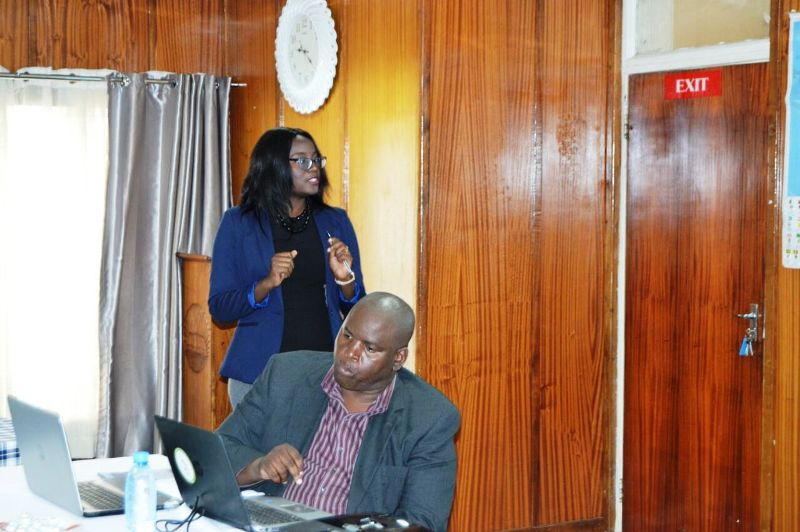
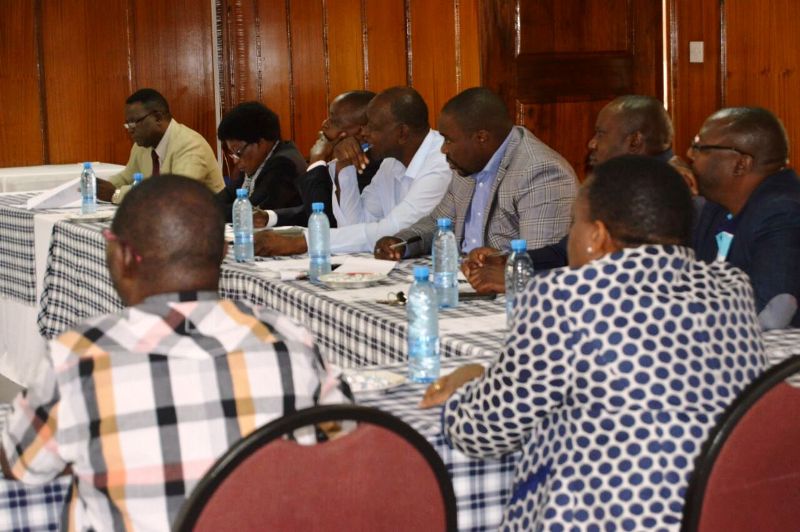
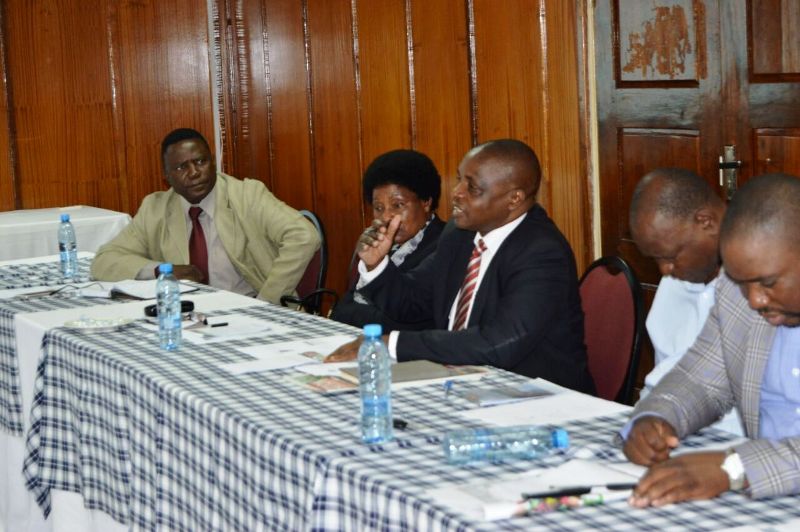
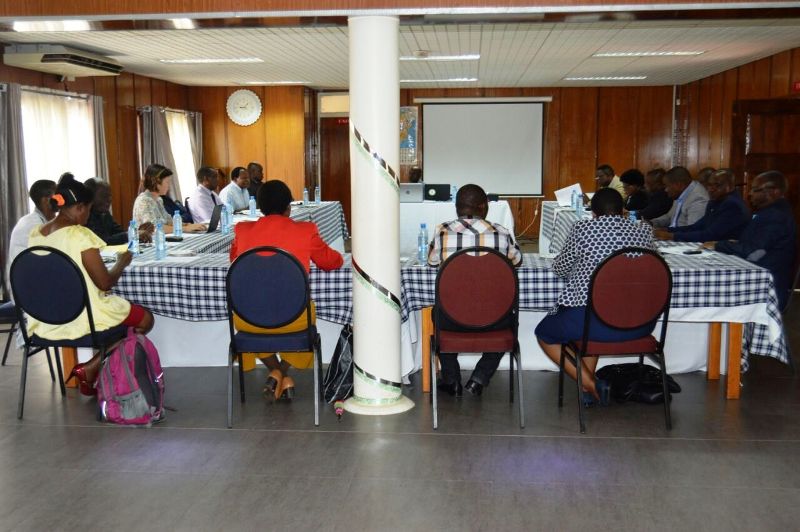
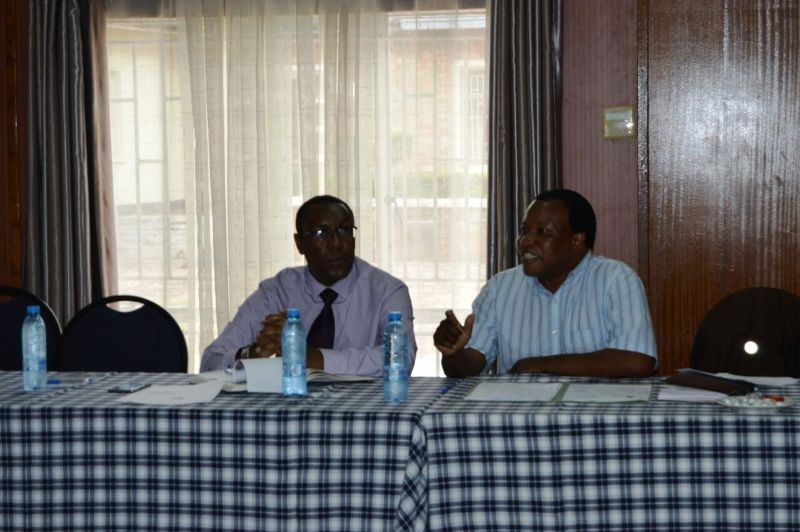
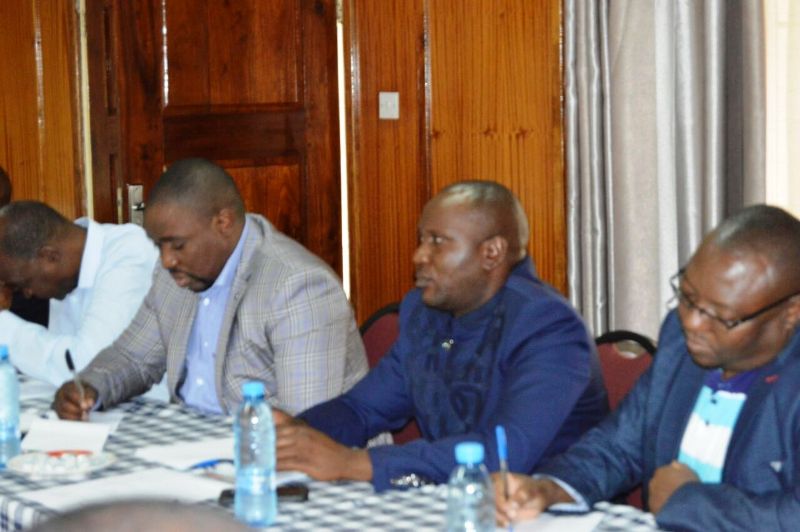
Caritas Zambia has been following with dismay the recent attacks directed at the LAZ and its President in her personal capacity.
That is why we totally agree with the SADC Lawyers Association that said, "The March and siege of the Bar Association's offices in broad daylight is the height of assault on the Rule of Law and independence of the legal profession in Zambia." Indeed, what transpired on the material day goes to show how low we have sunk as a country on such matters, and this worrying assault on what is remaining of our democratic tenets in Zambia needs to be halted and reversed henceforth.
By Zambia Humanitarian Actors Platform (ZHAP) 22 February, 2017, 12:30hrs
Lusaka, Zambia – The Zambia Humanitarian Actors Platform (ZHAP), a loose alliance of local Civil Society Organizations (CSOs) working in the humanitarian sector, has noted with concern the impact of heavy rains that the country is receiving particularly with regard to flash flooding in the urban areas. While the rains come as a blessing after consecutive poor rain seasons, the poor state of drainage infrastructure in our cities and towns is causing losses to home owners and small businesses especially in peri-urban areas.
The Christian Churches Monitoring Group (CCMG) is an alliance of four faith based organisations formed to help promote credible elections through non-partisan citizen monitoring. The CCMG partner organisations are: Council of Churches in Zambia (CCZ); Evangelical Fellowship of Zambia (EFZ); Jesuit Centre for Theological Reflections (JCTR); and Zambia Conference of Catholic Bishops (ZCCB), formerly the Zambia Episcopal Conference (ZEC), through Caritas Zambia. CCMG was founded ahead of the 20th January 2015 presidential by-election. CCMG is strictly non-partisan. We support no political party or candidate.
Welcoming Remarks
I would like to welcome members of the Diplomatic community, Political parties, representatives of Civil Society, members of the press, ladies and gentlemen. Today we will focus our remarks on presenting CCMG’s 2016 Election Report, which details the findings of CCMG’s non-partisan election observation effort. We will have time for questions and all of CCMG’s reports and statements, including this statement, are available on our website and on the table.
FOREWORD
It is not a mere coincidence but a master stroke of Divine Providence and a singular outpouring of God's grace and blessings on our nation that the Policy of Catholic Bishops‟ Conference on the Protection of Children and Minors is launched during a special Jubilee Year. During this Jubilee Year we are celebrating the 125th Anniversary of the founding of the Catholic Church in Zambia.
8th Alternative Mining Indaba Concept Note 6th to the 8th of February 2017, Double Tree by Hilton, Upper Eastside Hotel, Cape Town
Introduction
The Alternative Mining Indaba (AMI) is an international platform that was formed in 2010 by civil society in their efforts to provide an alternative voice emanating from the investing in Africa Mining Indaba that has been hosted for over 20 years. The platform goes beyond profits, mergers and acquisitions with a focus on community development strategies, calling for good governance of revenues and in particular seeks to define and find ways to implement ethical policies in the extractive sector value-chain, thus creating conditions for a positive economic and social outcome, while avoiding any negative environmental and social effects.
INTRODUCTION
We, representatives of Caritas and Social Ministries of the Catholic Church in Zambia, drawn from the dioceses of Chipata, Livingstone, Mansa, Mongu, Monze, Mpika, Ndola, Solwezi, the Archdioceses of Lusaka and Kasama together with the Caritas Zambia National Office gathered at the Kasisi Retreat Centre in Lusaka for our Annual General Meeting from 3rd to 5th November 2015, reflected on God’s grace on the work of Caritas in Zambia since our last Annual General Meeting (AGM) at the same place in 2014. We have everything to thank the almighty God for. Caritas teams all over the country reported great commitment to promoting dignified lives among the people they serve. We are humbled as Caritas community to be instruments of God at the service of Charity towards his people especially the poor and weak. We shared through our various reports the witnessing of Charity among all our national and diocesan Caritas structures and we will not tire to thank God for his greatness.
In Caritas Human Development interventions, there is greater emphasis put on developing the capacity of our people to sustainably manage their livelihoods and live dignified lives as designed by our Creator. We however also noted with sadness that the efforts of ordinary people in Zambia today to earn themselves dignified livelihoods is seriously hampered and constrained by contextual situations obtaining in our country which need to be urgently resolved by the country’s leadership and policy makers.
Find the entire breifing here: http://caritaszambia.org/index.php/publications/state-of-the-nation/file/97-caritas-zambia-2015-agm-press-release-on-state-of-the-nation
- CCMG Statement at the Dissemination of Phase one Voter Registration Monitoring Exercise
- The August 2015 Zambia Country Programme for Governance and Livelihoods National Steering Committee Meeting Opens In Kasama
- Public frustrated with government’s failure to deal with corruption - Caritas
- CARITAS Zambia Presentation to parliamentary Committee on Legal Affairs, Governance, Human Rights, Gender Matters and Child Affairs
- A Press Release by the ZEC President on the 20th January 2015 Presidential Election
- CCMG Announces Parallel Vote Tabulation (Pvt) Findings for the 2015 Presidential Election
- Independent Verification of the Official Results for The 2015 Presidential Election Statement Saturday 24th January 2015
- Preliminary Statement on the 2015 Presidential Election Wednesday 21st January 2015
- Situational Statement on the 2015 Presidential Election - Tuesday 20th January 2015 as of 11:00 hrs
- Christian Churches Monitoring Group (CCMG) - Press Statement
About Caritas Zambia
Caritas Zambia is a Catholic Organisation that is an integral structure of the Zambia Conference of Catholic Bishops (ZCCB). The Conference of Bishops is a permanent grouping of Bishops of a given nation or territory that jointly exercises certain pastoral functions on behalf of the Christian faithful of their territory. This is done for the sake of effective evangelisation. To promote the principle of the common good which the Church offers humankind, especially through forms and programmes of the apostolate which are fittingly adapted to the circumstances of the time and place, is the role of Bishops.
Kapingila Hse, Kabulonga Rd, Plot BRT6, P.O.Box 31965, Lusaka 10101, Zambia.
Tel: +260-211-260980 | +260-211-261789

